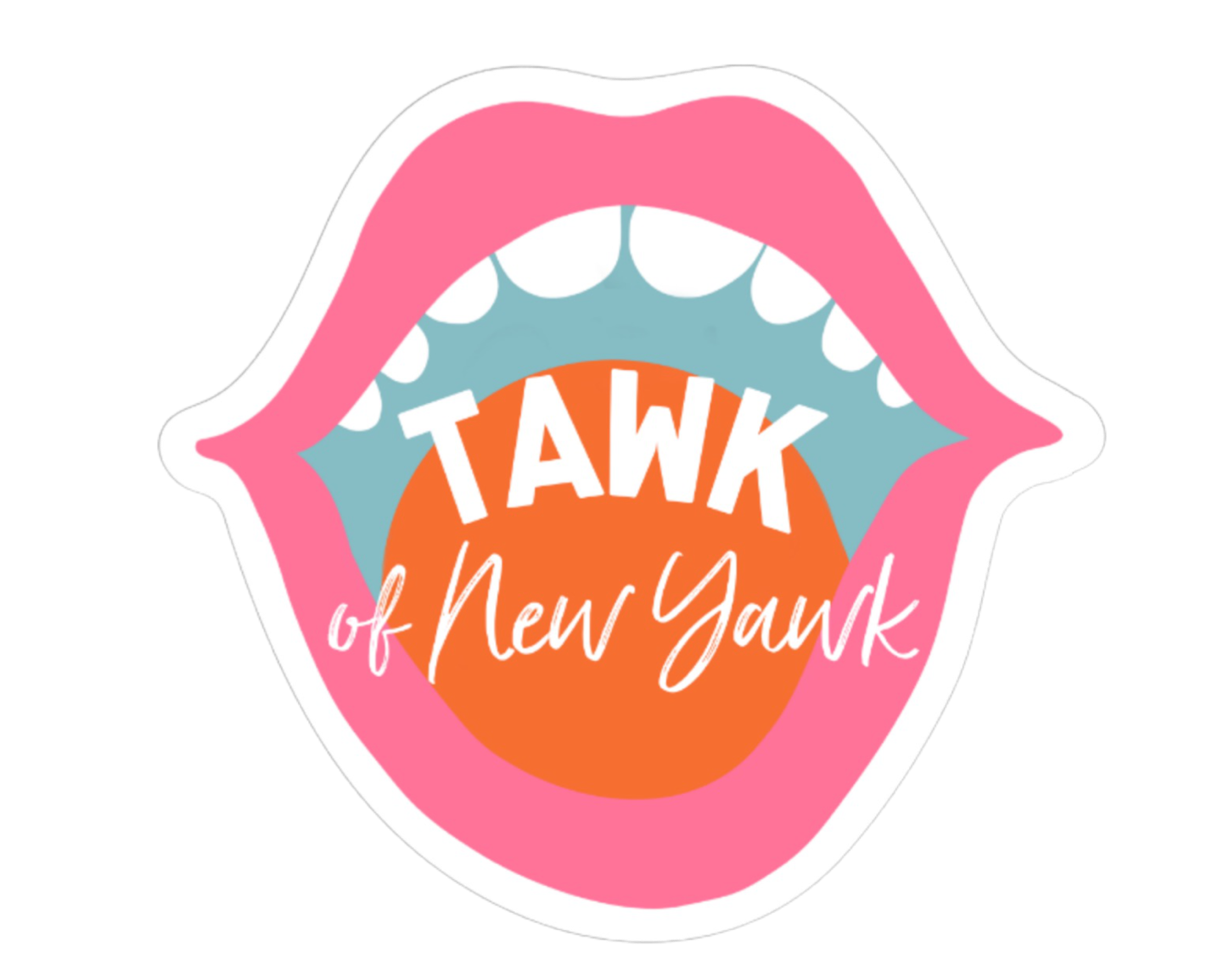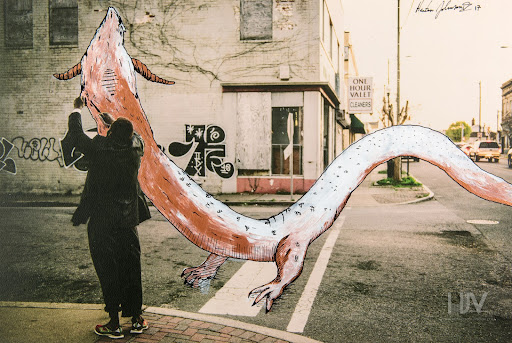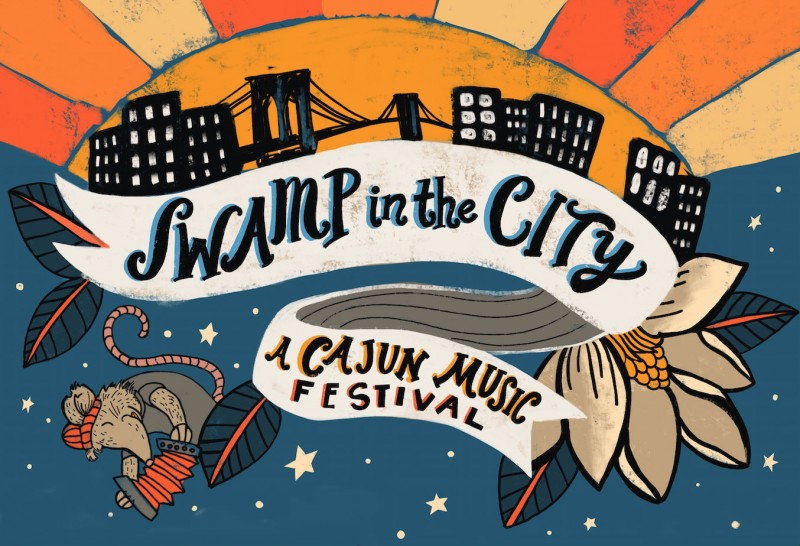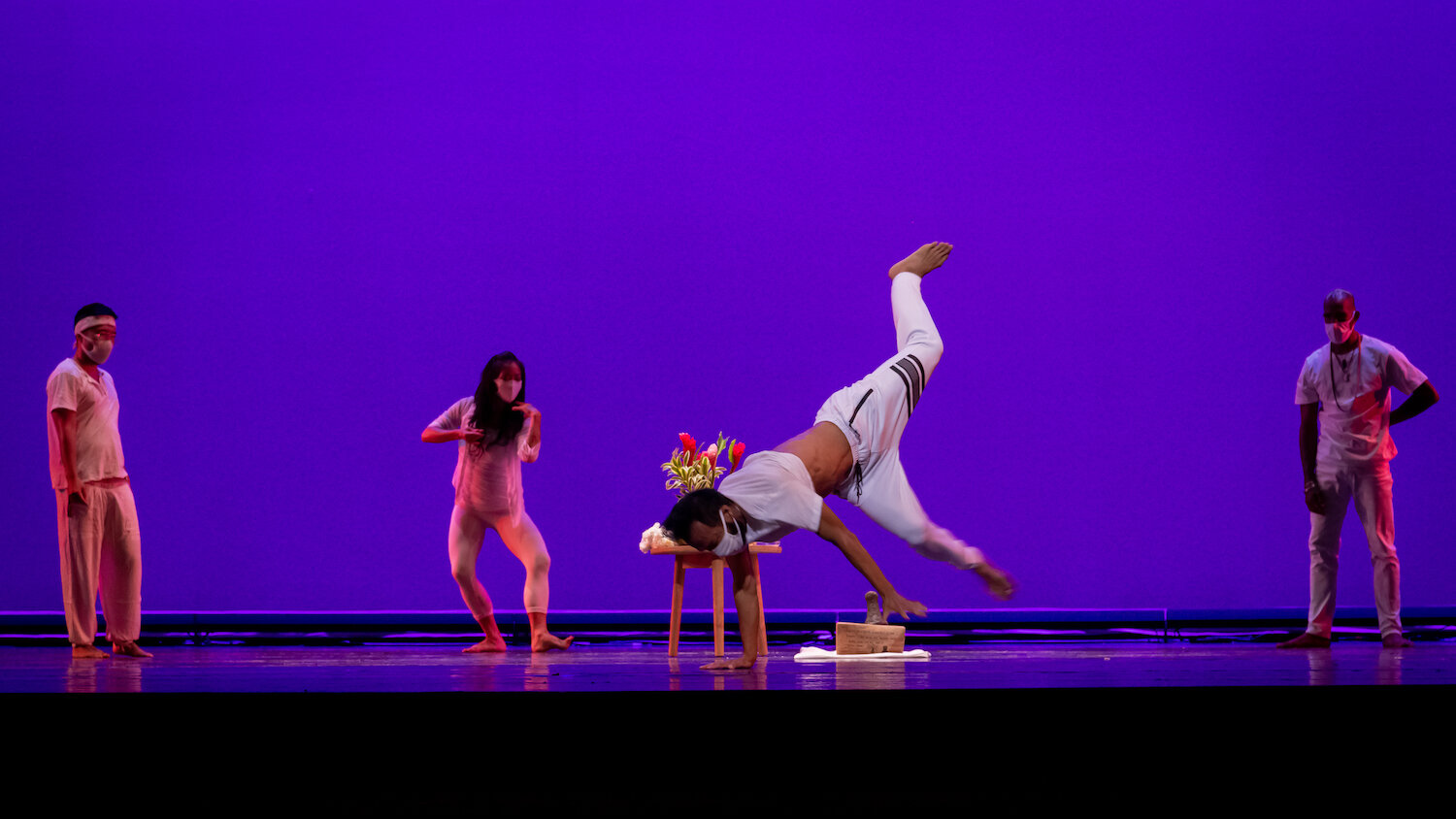
An Interview with Playwright, Joe Thristino
Joe is a playwright, funny man, writer, and Brooklyn boy.
I should also mention that Joe is a staff writer here at Tawk of New Yawk. There’s a lot that I can say about him. To be honest, I’m not sure what’s more impressive about Joe, his brilliant writing prowess, or how genuine of a person he is. Every time I’ve read anything Joe’s written, I’ve felt both intimidated and inspired. A lot of people can write, I myself like to think that I can write, but this man can write. Throw any assignment at this guy and he knocks it out of the park. Trust me, I’ve done it and seen it!
But what’s even better about Joe, is his striking sincerity. It’s rare — truly rare. Having met Joe for the first time and then watching Joe meet other people for the first time, the same phenomenon happens over and over. People feel happy and relaxed around him. He just puts people at ease. He gives genuine hope for the future of the art of writing, but also, belief that real humanity and kindness still exists in the world and in New York City.
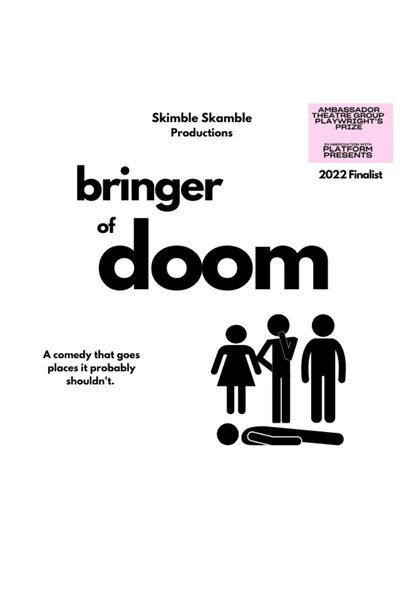
Stephanie: That’s actually really solid advice. Although, yeah, it’s hard to kind of detach from your own creation! That’s you heart and soul out there! How’d you get into play writing? Has it always been a passion? Or did you fall into how most people fall into drugs, accidentally?
Stephanie: The act of describing writing as a compulsion is so accurate. I know sometimes writing stresses me out and people are like then why do it? It’s like…I HAVE TO! So, how in particular did you conjure up the idea of Bringer of Doom?

Stephanie:It’s very interesting! I wonder if that scene’s feelings are hurt. Alright, I’m not a comedy writer by any means so there’s something I’ve always wondered. How do you know when a joke will land with an audience? Do you kind of have to run your jokes through a filter or did you just go for it? I don’t know if anyone’s made you aware, but you’re not allowed to offend people now, even accidentally.
Stephanie: That’s a ridiculously amazing answer. I think the Dalai Lama needs to follow you around more. On the subject of humor, I don’t want to give anything away, but you’re clearly a fan of dark humor. Were there ever any reservations about going in that direction?
Stephanie:It is messy and dark! So let’s shift gears and talk about, what’s the most exciting part about the play writing process?
Joe: I feel like balance is the last thing I have. Between my two kids, earning an income, making art, every day feels like an adventure. And I don’t mean “adventure” like in a Lexus commercial. Probably closer to Heart of Darkness by Joseph Conrad? Okay, I exaggerate (slightly). The person I really marvel at is my amazing wife. How does she balance having a writer as a husband with being a working mother herself? I apologized to her the other day that I was a writer, probably for the millionth time. “Sorry I’m a writer, babe.” She told me to shut up.
